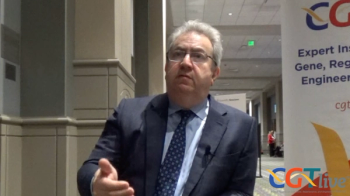
The director of the Mass General Brigham Gene and Cell Therapy Institute discussed the history and future of gene therapy in cardiology at the American Heart Association’s Scientific Sessions 2023.

The director of the Mass General Brigham Gene and Cell Therapy Institute discussed the history and future of gene therapy in cardiology at the American Heart Association’s Scientific Sessions 2023.

One serious AE of myocardial infarction may have been related to VERVE-101 therapy while other AEs of fatal cardiac arrest and tachycardia were determined to be unrelated to the therapy.

Milind Desai, MD, MBA, an investigator on the MyPeak-1 trial and the director of the Hypertrophic Cardiomyopathy Center and the vice chair of the Heart Vascular Thoracic Institute at the Cleveland Clinic, discussed Tenaya Therapeutics’ TN-201.
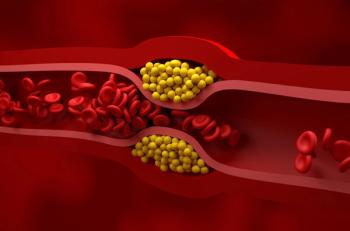
The US IND application, on hold since November 2022, was cleared with the help of data from a clinical trial being conducted in New Zealand.

The company aims to assess CardiAMP in patients with NT-proBNP over 500 pg/ml at baseline with a modified composite efficacy endpoint.

The study will utilize a pediatric safety run-in that will include 2 patients.

The company also announced its plans for a modified study protocol that may allow a roadway to approval.

XyloCor Therapeutics’ encoberminogene rezmadenovec (XC001) has shown positive data among the 2 highest doses assessed, with the 1×10^11 viral particles dose selected for continued study.

A DSMB futility analysis found that the trial was unlikely to meet its primary composite endpoint and trial enrollment has been paused.

XyloCor Therapeutics reported that at the 12-month time point, sustained and continued increases in total exercise duration over baseline measurements were observed.

The senior scientist at Tune Therapeutics discussed preclinical research presented at the ASGCT 2023 meeting.
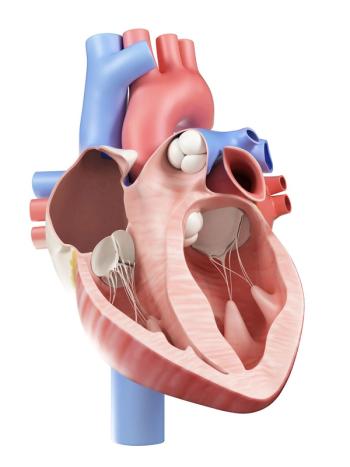
Based on 4-week follow-up data from the first patient, an independent safety evaluation committee approved the trial’s continuation.

Nearly half of participants were able to engage in normal physical activity without angina at 6 months post-treatment.

The allogeneic mesenchymal stem cell therapy trial will enroll patients ineligible for treatment with the autologous CardiAMP.

SRD-001 is designed to increase expression and functional activity of SERCA2a, down-regulation of which is associated with all forms of heart failure.

Rossano discussed unmet needs for patients with Danon disease and the potential of investigational gene therapy RP-A501.

The new, 2-year data is from a roll-in cohort of 10 patients presented at the HFSA 2022 meeting.
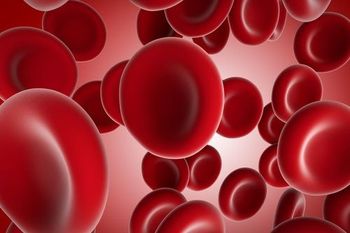
The risk-benefit assessment determined that there are no significant safety concerns.

Lomecel-B is being evaluated in the phase 2 ELPISII study in children with hypoplastic left heart syndrome.

Genetics is the future of heart failure and cardiomyopathy treatment, Judge told CGTLive in an interview.
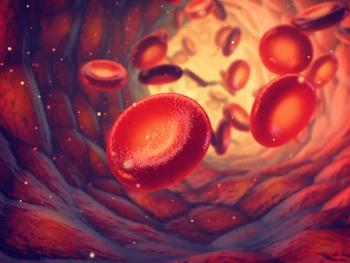
Verve Therapeutics is currently conducting a clinical trial in New Zealand and expects to be able to open trials in the UK and US later in 2022.
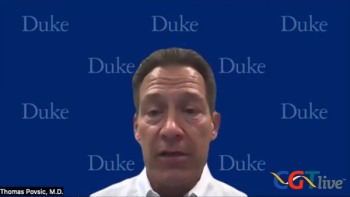
Safety and efficacy data suggest this to be a feasible and clinically meaningful treatment for a patient population with high disease burden.

The 3 patients in cohort 1 have exhibited clinically meaningful improvements and no safety concerns. Follow-up for the 5 patients in cohort 2 is ongoing.

Matt Killeen, PhD, chief scientific officer at Renovacor, shares updates on the company's lead candidate, REN-001, an adeno-associated viral vector serotype 9-based gene therapy for the treatment of BAG3-associated dilated cardiomyopathy.
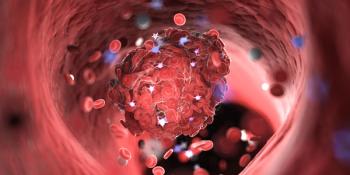
An interim analysis has met prespecified safety and efficacy checkpoints.